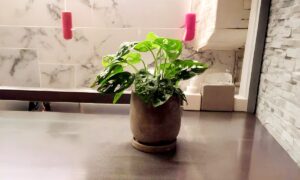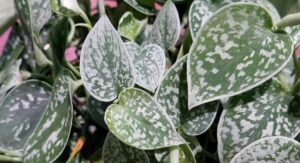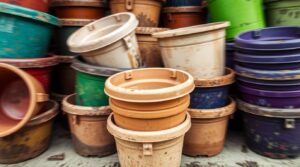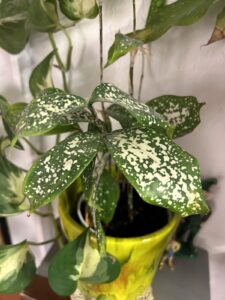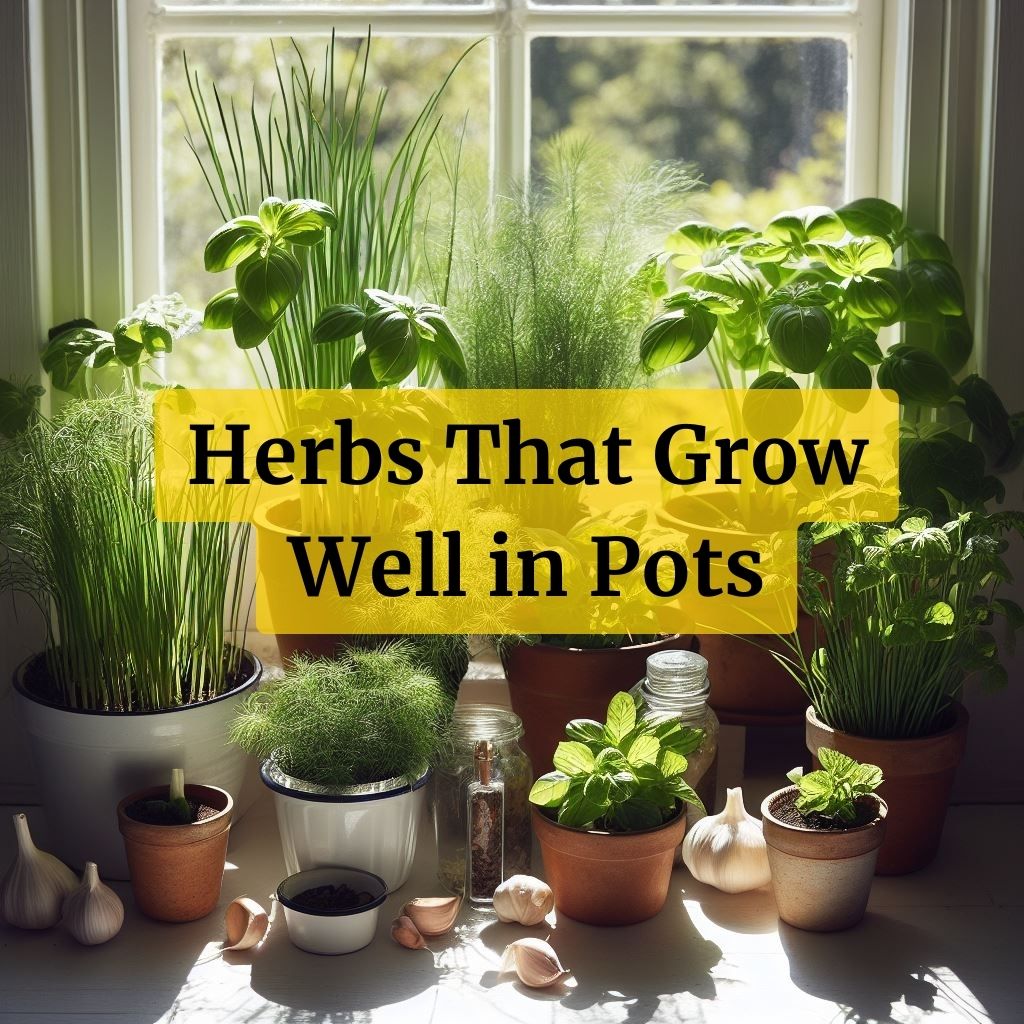
Growing herbs in pots is a convenient and space-saving solution for indoor gardening. In this article, we’ll explore the benefits of growing herbs in containers and highlight 8 herbs that grow well in pots. Cultivate, harvest, and use these herbs in your kitchen for delicious culinary creations.
In this article
Benefits of Container Gardening
Space-Saving Magic
Do you live in a cozy urban apartment or a house with a tiny backyard? No worries! Container gardening is the answer to your space constraints. It lets you grow a bountiful herb garden in the smallest of spaces, making use of balconies, windowsills, and even countertops. With herbs in pots, you can have fresh, aromatic ingredients right at your fingertips.
Accessibility Awesomeness
Imagine cooking your favorite dish and having to run to the garden or the store every time you need a sprig of this or a pinch of that. With herbs in pots, you’ll have the ultimate convenience. Just step outside and pick what you need, all while your dish simmers on the stove. No more mid-cooking grocery store dashes!
Choosing the Right Herbs
Not all herbs are created equal when it comes to container gardening. Let’s explore the fantastic eight that are not only suitable for pots but also add a burst of flavor and fragrance to your dishes.
Basil
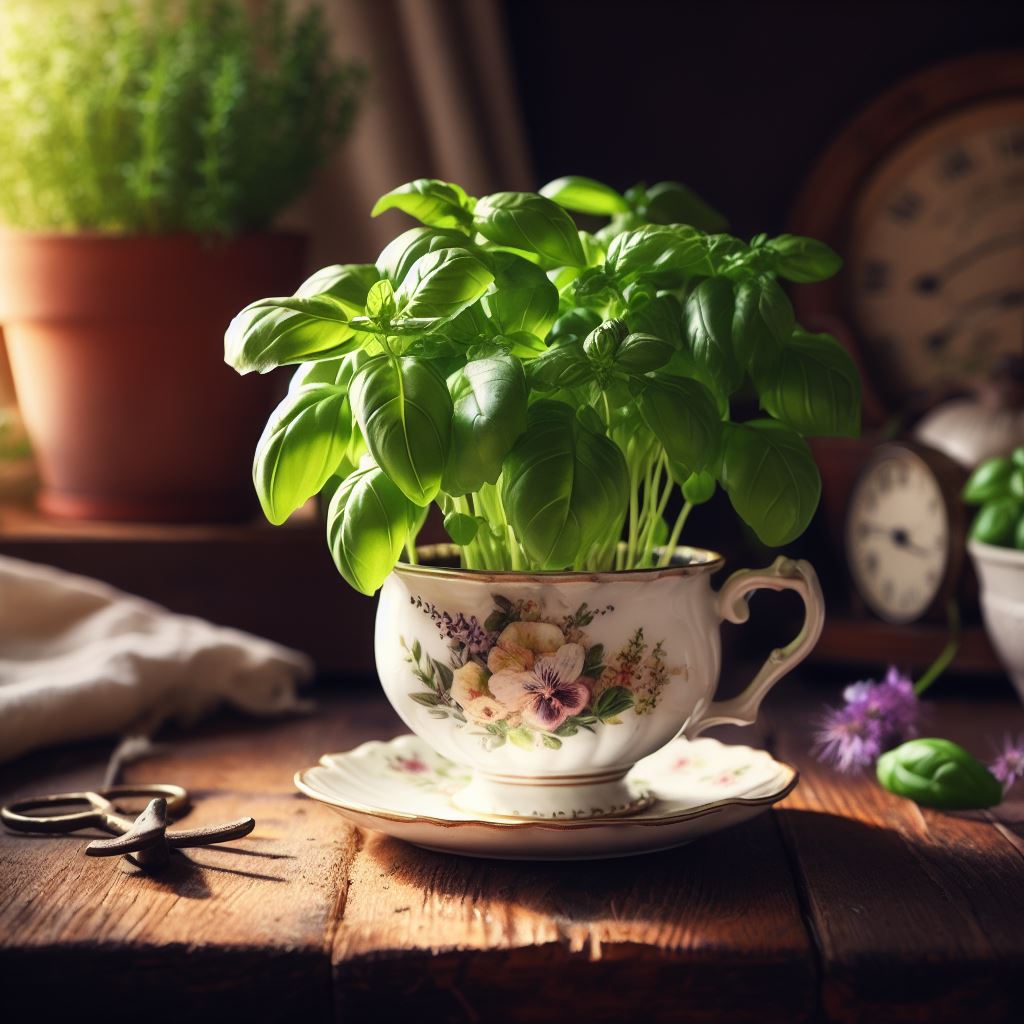
Basil, often hailed as the “king of herbs,” is a must-have in your container garden. With its luscious green leaves and a delightful aroma, it’s perfect for pesto, caprese salads, and more. Just remember, basil loves sunlight, so place it in a sunny spot.
When it comes to basil, it’s essential to know that it’s a sun-loving herb. It thrives in well-drained soil, so make sure your pot has adequate drainage. To encourage bushier growth, don’t forget to pinch off the tips. Use the aromatic basil leaves in an array of culinary delights, including pasta dishes, pesto, and salads. Your herb garden will flourish with this flavorful addition.
Chives
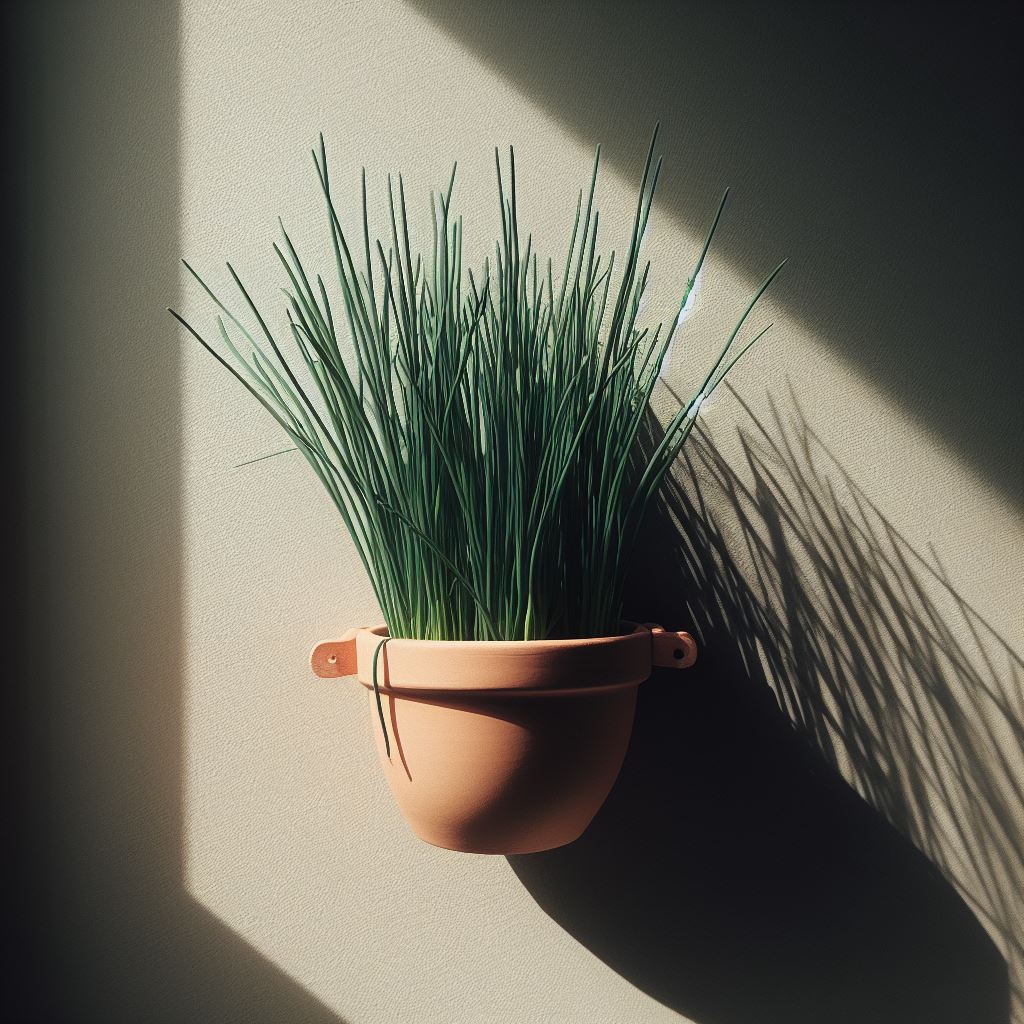
Chives, the mild oniony herb, are great for garnishing soups, salads, and baked potatoes. They’re low-maintenance and grow well in containers. A sunny or partially shaded location works well for them.
When it comes to chives, you have a low-maintenance gem in your container garden. These mild, oniony herbs are perfect for garnishing soups, salads, and baked potatoes. They thrive in pots, and a sunny or partially shaded location is just right for them.
Cilantro
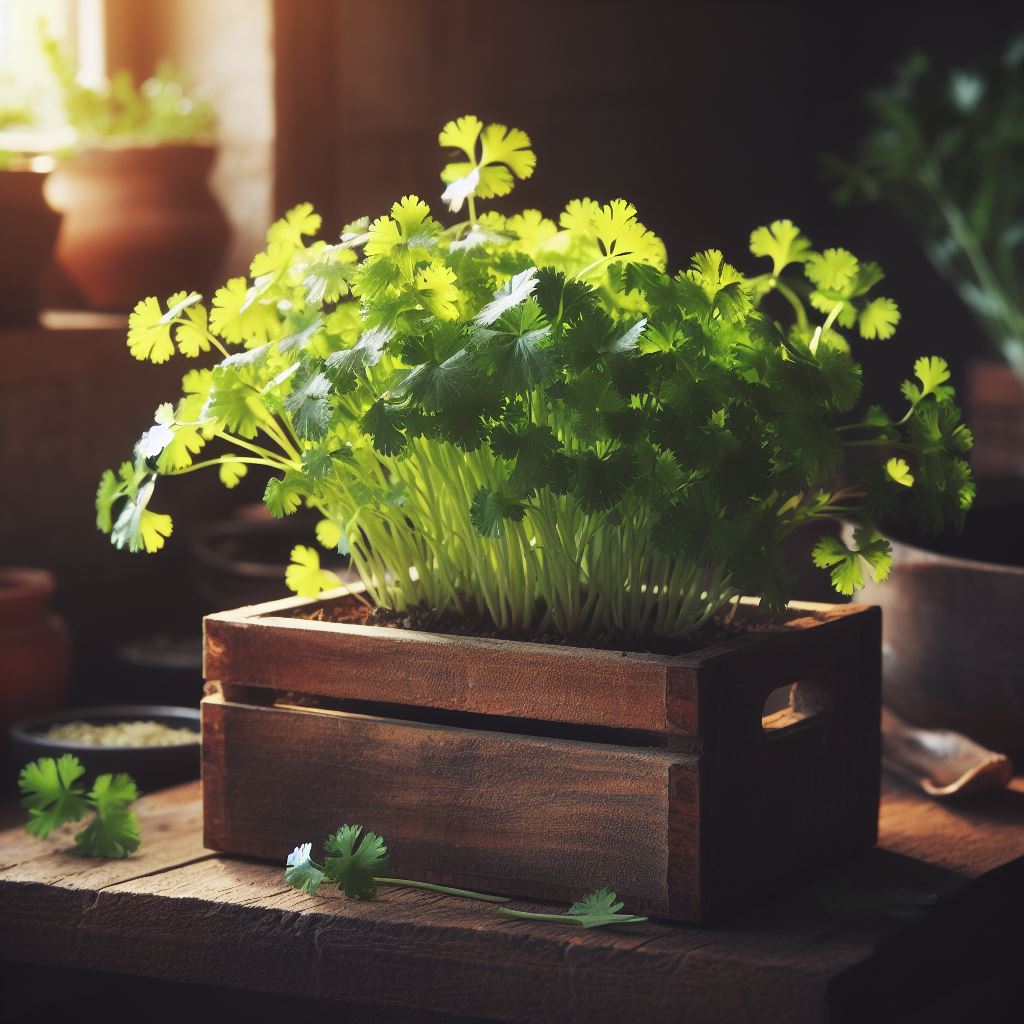
Cilantro prefers moist, well-drained soil and partial shade in hot climates. Harvest the leaves for salsas, curries, and salads.
Cilantro, with its distinct flavor, is essential for Mexican and Asian cuisine. It’s an ideal candidate for pot gardening, but it can be a bit finicky. To keep cilantro happy, make sure to keep the soil moist and provide some shade during the hottest part of the day. Harvest the leaves for salsas, curries, and salads, and your culinary adventures will be infused with its unique taste.
Dill
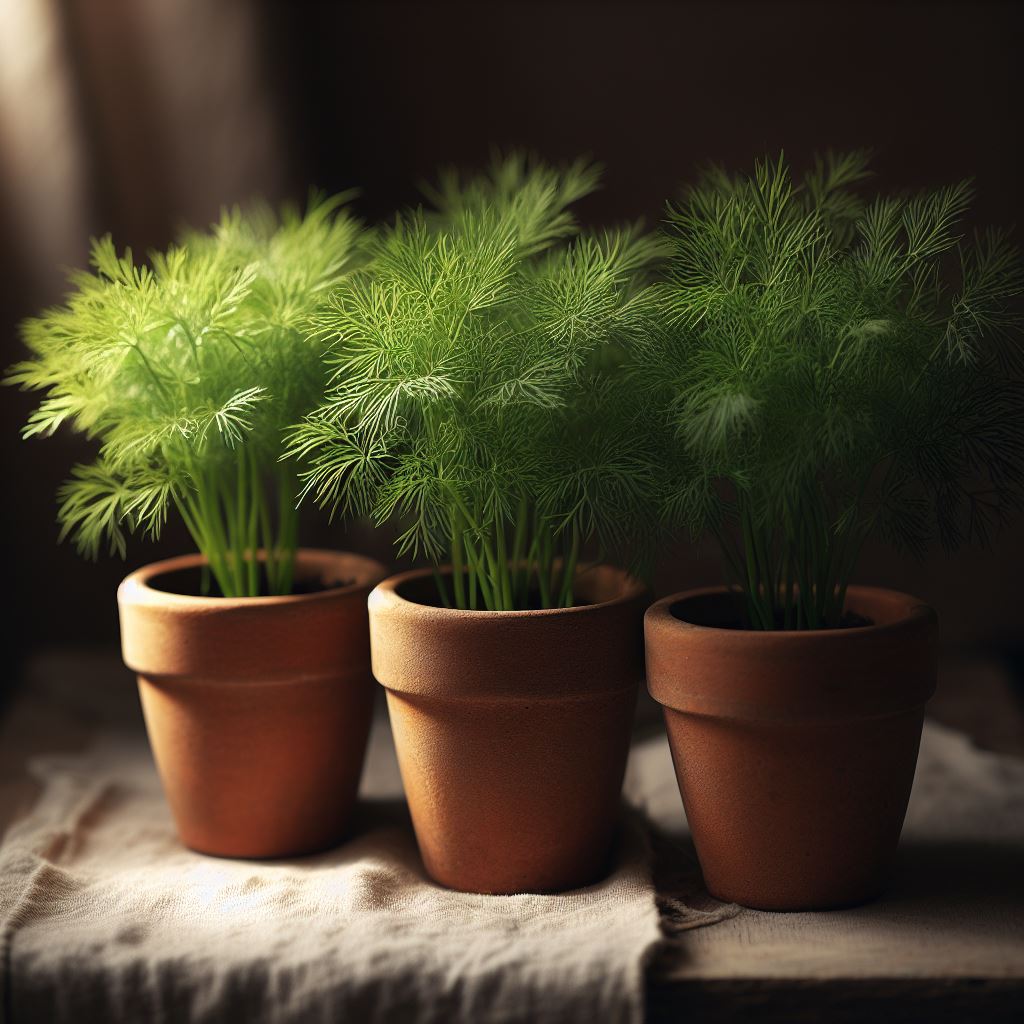
Dill needs well-draining soil and full sun or partial shade. The feathery fronds are perfect for seasoning fish, potatoes, and pickles.
Dill is a delightful addition to your container garden, known for its feathery fronds that impart a lovely, mild anise flavor. For the best results, ensure that your dill plant enjoys well-draining soil and either full sun or partial shade. Use its fronds for seasoning fish, potatoes, and pickles, and your dishes will carry a touch of dill’s unique essence.
Fennel (Common and Florence)
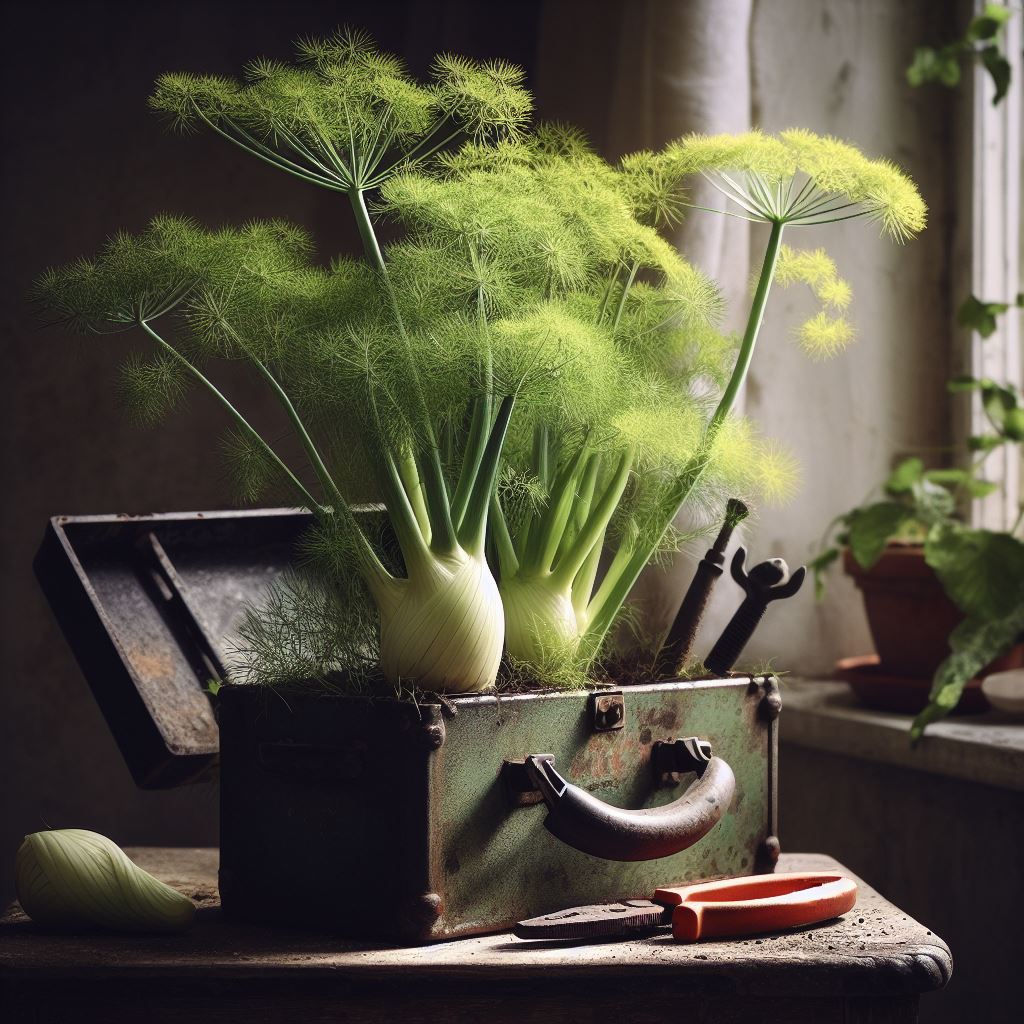
Both common and Florence fennel varieties thrive in well-draining soil in sunny locations. Use them for seasoning, garnishing, or creating delightful salads.
When it comes to fennel, you have a choice between common and Florence varieties. Both are well-suited to container gardening. They thrive in well-draining soil and love basking in the sun. Whether you’re using them for seasoning, garnishing, or creating delightful salads, fennel adds a unique and aromatic touch to your culinary creations.
Garlic
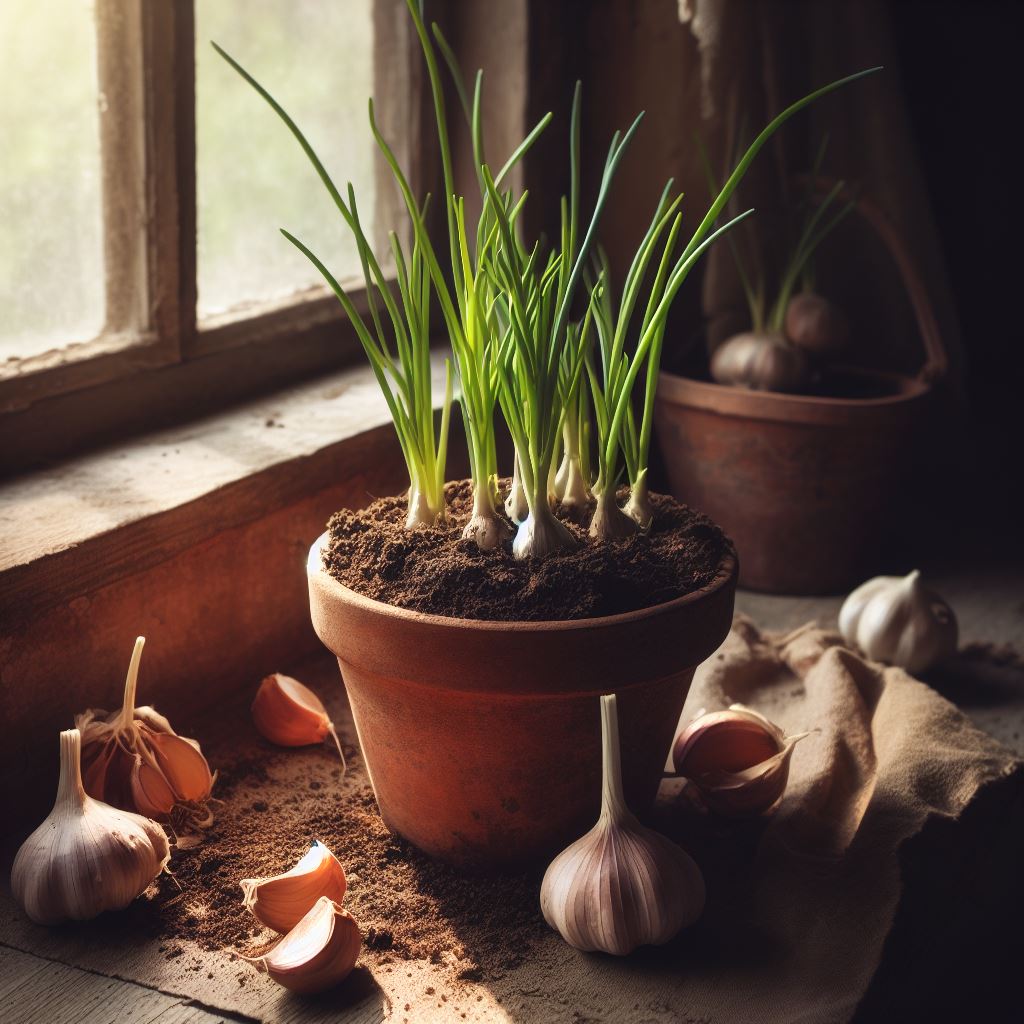
Garlic thrives in well-drained soil and full sun. Harvest the bulbs and cloves for all your savory dishes.
Yes, you read it right! You can grow garlic in pots. It’s an essential kitchen ingredient and a versatile herb. Ensure your garlic pot gets plenty of sunlight, and you’ll be rewarded with homegrown garlic bulbs and cloves, ready to enhance all your savory dishes.
Lemon Balm
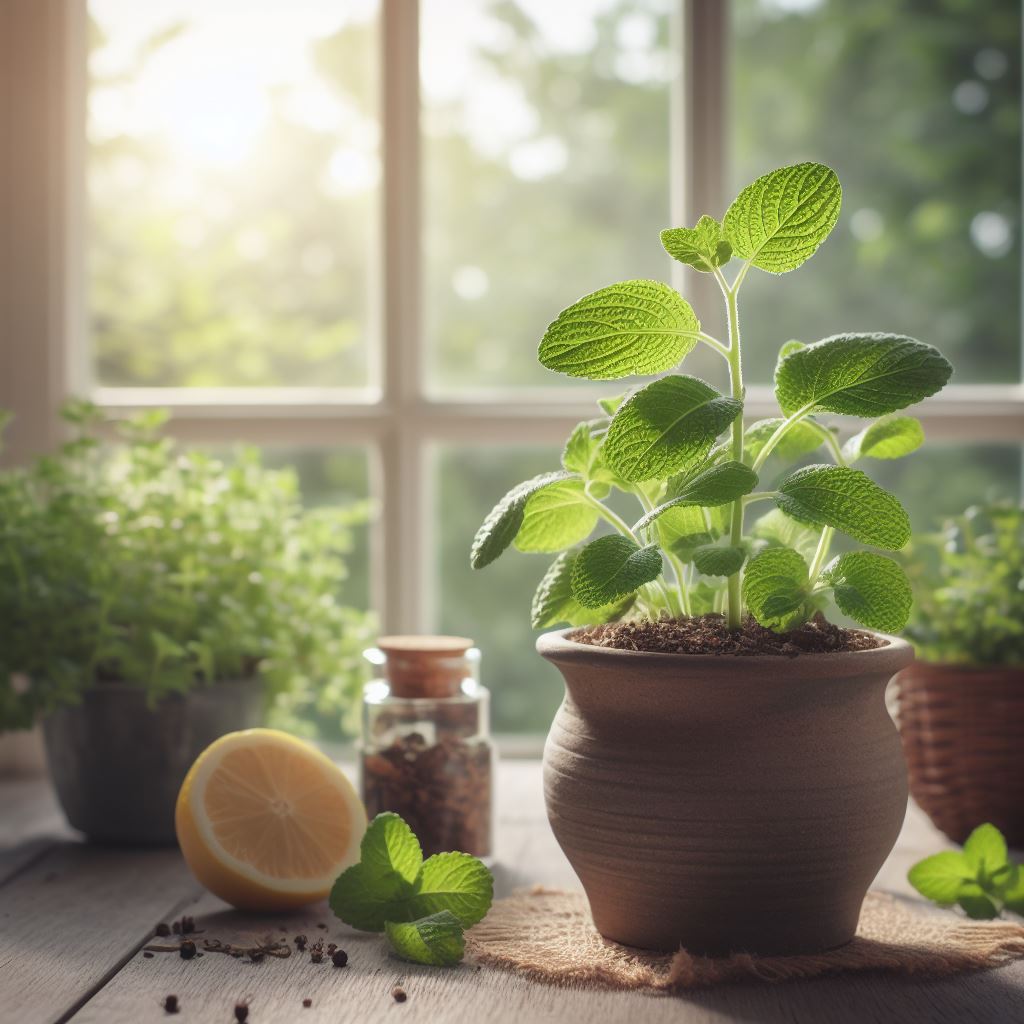
Lemon balm prefers partial shade and well-drained soil. Its citrusy flavor adds zest to tea, desserts, and cocktails.
Lemon balm is a delightful herb with a citrusy aroma that can brighten up your herb garden. It prefers partial shade and well-drained soil. Lemon balm is a versatile addition to your culinary repertoire, enhancing the flavor of tea, desserts, and even cocktails. Plant it in your container garden, and you’ll have a zesty ingredient at your fingertips.
Mint
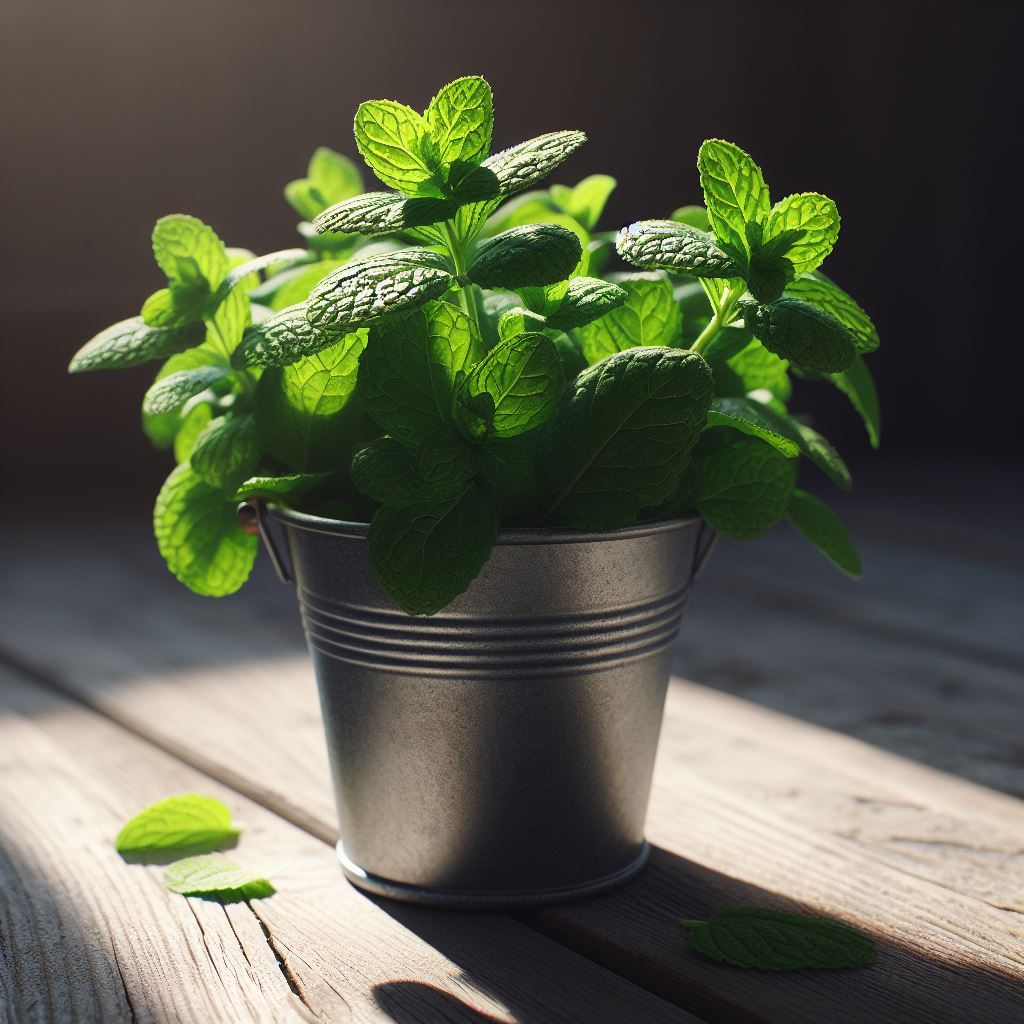
Mint can be a bit invasive, so plant it in its pot alone. Keep the soil moist and enjoy its refreshing flavor in drinks, desserts, and garnishes.
Mint, with its refreshing and invigorating flavor, is perfect for drinks, desserts, and garnishes. But here’s the thing: mint can be a bit of a wild child in your herb garden, so plant it in its own pot. Keep the soil consistently moist, and you’ll have a fresh and zingy ingredient to elevate your culinary creations, cool beverages, and delightful garnishes.
Choosing the Right Containers
Selecting the appropriate containers for your herb garden is a critical step towards ensuring their successful growth. One of the foremost considerations is proper drainage. Your pots must feature drainage holes, as this prevents waterlogging, a common issue that can lead to root rot. Additionally, choosing the right size for your pots is equally important. The pots should provide ample space for the herbs’ root systems to develop, ensuring healthy and robust growth.
Creative Pot Ideas
- Whimsical Teacup Planters: Transform vintage teacups and saucers into charming herb pots. The delicate, playful designs will add a touch of nostalgia to your herb garden.
- Hanging Gutter Gardens: Reimagine old rain gutters as vertical herb gardens. Mount them on a wall or fence for an innovative and space-saving approach to herb cultivation.
- Upcycled Wooden Crates: Utilize weathered wooden crates for a rustic and eco-friendly herb garden. These crates add a touch of countryside charm to your outdoor or indoor space.
- Stacked Terra Cotta Pots: Create an artistic tower of herb pots using varying sizes of terra cotta pots. Stack them elegantly to save space while showcasing your green treasures.
- Vintage Toolbox Planters: Give new life to an old toolbox by turning it into a portable herb garden. The divided compartments offer the perfect home for several herb varieties.
- Hollowed Tree Stumps: Embrace the beauty of nature by repurposing hollowed tree stumps. These unique containers bring a touch of the forest into your herb gardening space.
- Mason Jar Planters: The timeless mason jar can be used as a trendy herb container. Hang them on hooks, create a herb shelf, or simply place them on your windowsill for a chic look.
- Galvanized Metal Troughs: Industrial and stylish, galvanized metal troughs make excellent herb containers. They are durable, come in various sizes, and add a touch of urban elegance to your garden.
Soil and Watering Tips
The foundation of healthy herb cultivation lies in the quality of your potting soil. Opt for well-draining potting soil, enriched with the essential nutrients your herbs require for robust growth. The right soil ensures that your herbs receive the necessary nourishment for their development.
Equally vital is a prudent approach to watering. Herbs thrive when the soil remains consistently moist, but overwatering can be detrimental. To find the right balance, regularly check the moisture level using your fingertip. Water when the top inch of soil feels dry, avoiding excessive watering that can lead to root issues.
Sunlight and Location
Understanding your herbs’ sunlight requirements is key to their well-being. Some herbs flourish in full sun, while others prefer partial shade. For example, basil, dill, and garlic thrive when basking in full sunlight, ensuring they receive the energy they need for optimal growth. On the other hand, herbs like chives, cilantro, and lemon balm appreciate some respite from the scorching sun, particularly during the hottest parts of the day.
Caring for Your Herbs
To maintain the health and vitality of your herb garden, a few essential care practices should be integrated into your routine. Regular pruning is one such practice. Trimming your herbs on a consistent basis not only keeps them looking tidy but also encourages bushier growth and prevents legginess.
Pest control is another important aspect of herb care. Be vigilant for common pests such as aphids and caterpillars that can wreak havoc on your plants. Consider using natural remedies or pesticides if the need arises to ensure your herbs remain unharmed.
Harvesting and Using Your Herbs
Harvesting your herbs at the right moment is vital to extracting the fullest flavor from them. The optimal time is typically in the morning when their essential oils are most concentrated. To harvest, employ sharp scissors or shears, ensuring clean cuts that promote healthy regrowth.
Once harvested, your herbs open the door to a world of culinary possibilities. Incorporate these freshly picked gems into various dishes, from vibrant salads to hearty soups and even tantalizing cocktails. The versatility of fresh herbs is boundless, enhancing the flavors of your culinary creations and elevating your kitchen adventures.
Growing your own herbs is a game changer for home cooks. You won’t regret starting your own herb garden.
Happy gardening!

